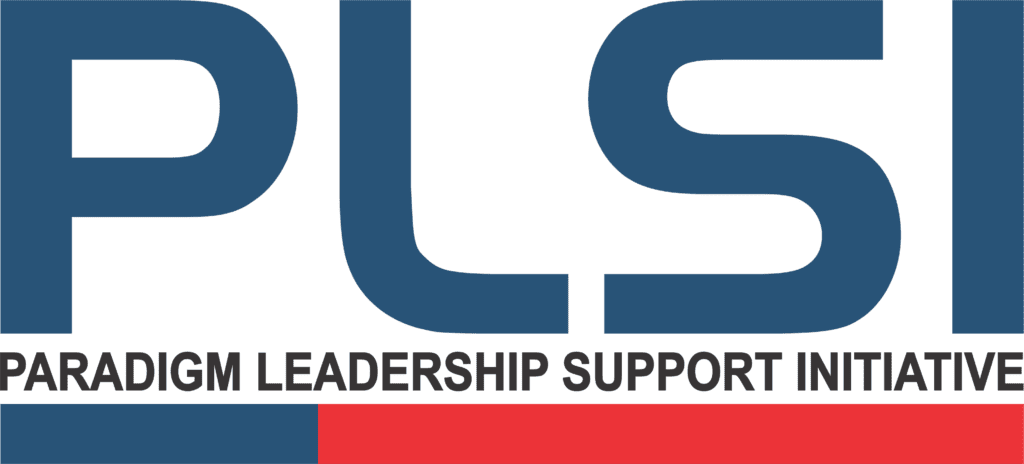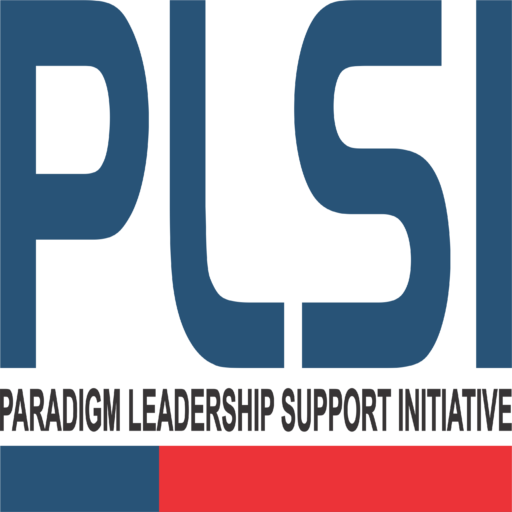The Paradigm Leadership Support Initiative (PLSI) – a civic organization fostering public accountability in Nigeria has called on the management of Family Homes Funds Limited to improve on its efficiency and effectiveness in providing affordable/social homes to Nigerians. PLSI made the call in Abuja on Thursday 29th September 2022 while presenting findings from analysis of performance audit report on management of resources for the provision of affordable/social homes for low-income earners in Nigeria by Family Homes Funds Limited (2018-2020). PLSI mentioned the need for low-income earners in Delta, Kano, Ogun, Kaduna, and Nasarawa States to acquire 1,432 homes completed but unsold.
The Federal Government of Nigeria (FGN) in its bid to fulfil section 16(2)(d) of the constitution of the Federal Republic of Nigeria 1999 as amended, which stipulates that the government shall provide suitable and adequate shelter for all citizens as well as the need to accelerate economic recovery through implementation of the Economic Recovery and Growth Plan (ERGP) 2017 – 2020 initiated the Family Homes Funds Limited (FHFL) in 2016 as a special purpose vehicle to help address the housing shortage by delivering affordable homes nationwide. This was followed with the implementation of the Nigeria Economic Sustainability Plan (NESP) 2020, which planned to provide 300,000 social homes yearly for low-income earners to address the over 22 million housing deficits in Nigeria with a yearly growth rate of 20% according to Shelter Afrique, a Pan-African Real Estate Finance Institution.
Report by PriceWaterhouseCoopers (PwC) indicates a deficit of over 17 million houses in Nigeria, and this requires about 700,000 new houses to be built yearly, compared to the less than 100,000 houses that are being constructed annually. Similarly, the World Bank 2018 Report on Nigeria’s Affordable Housing Project, revealed that the demand for affordable housing in Nigeria is huge and growing in the face of a sizable deficit and dearth of existing interventions that supports closing this gap. The Report further stated that macroeconomic conditions in Nigeria are the greatest impediments to affordable housing.
Although, seed capital of N500 billion was promised by the Federal Government of Nigeria for the provision of affordable/social homes for low-income earners, the government released N65 billion to Family Homes Funds Limited (FHFL) between 2018 and 2020. Despite release of funds to FHFL to facilitate development of affordable/social homes, there are still visible challenges impeding acquisition of completed homes by low-income earners in Nigeria.
Olusegun Elemo, Executive Director at PLSI stated that “we have analyzed the performance audit report on management of resources for the provision of affordable/social homes for low-income earners in Nigeria conducted by the Auditor-General for the Federation and we have highlighted key challenges impeding acquisition of 1,432 homes built in five states. These challenges include the absence of need assessment by the Family Homes Funds Limited, constraint with accessing completed homes due to lack of infrastructure and insufficient awareness creation for homes built among others”.
Olusegun stated further that “PLSI will support the Family Homes Funds Limited in mobilizing buyers/off takers within the target group of low-income earners to boost acquisition of homes built in Delta, Kano, Ogun, Kaduna, and Nasarawa States”.
Etta Michael, Abuja Bureau Chief for EnviroNews stressed the importance of ensuring that proper need assessment is carried out before embarking on such social intervention program to align policy objectives with citizens’ needs.
PLSI emphasized the need for the Family Homes Funds Limited to implement recommendations offered by the Auditor-General for the Federation to address highlighted challenges hindering acquisition of homes built by low-income earners in Nigeria.
Link to report of analysis – https://plsinitiative.org/documents/analysis-of-performance-audit-report-on-provision-of-affordable-social-homes-in-nigeria-2018-2020/

